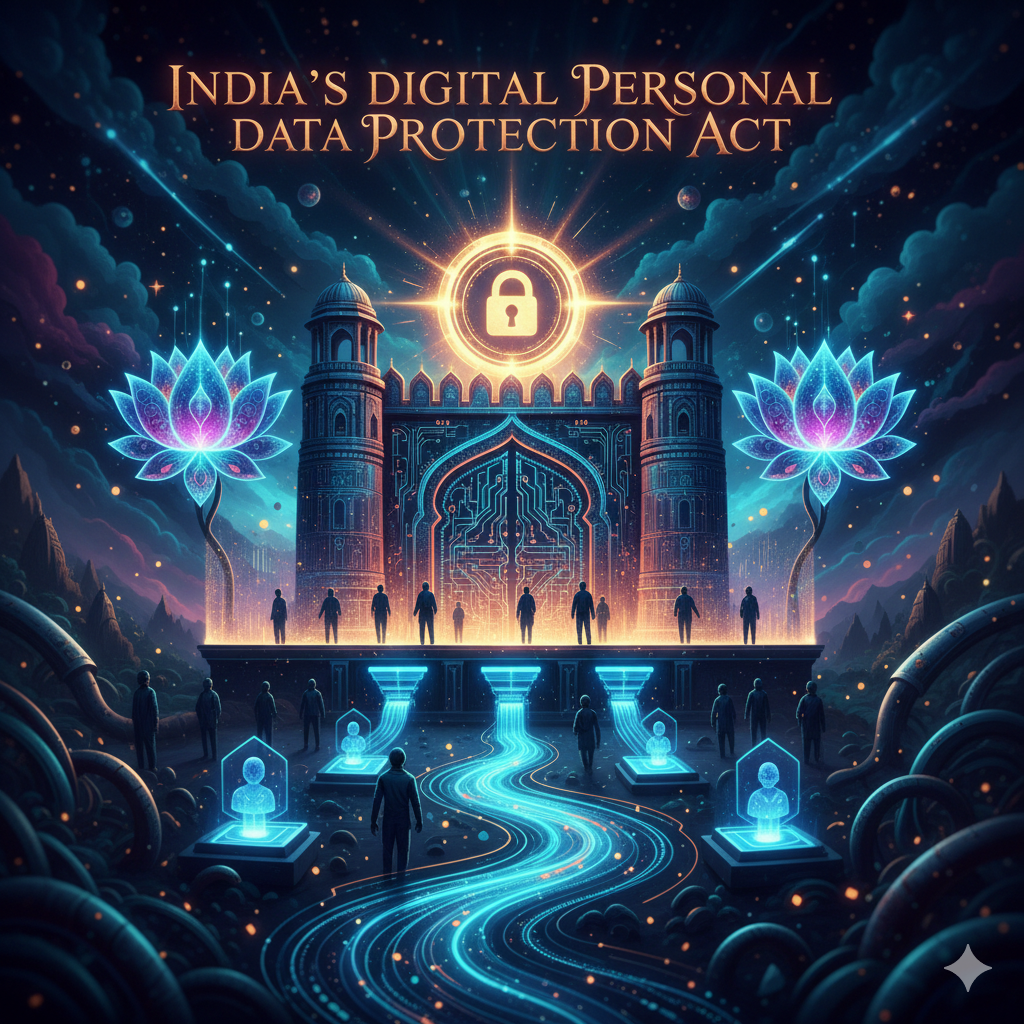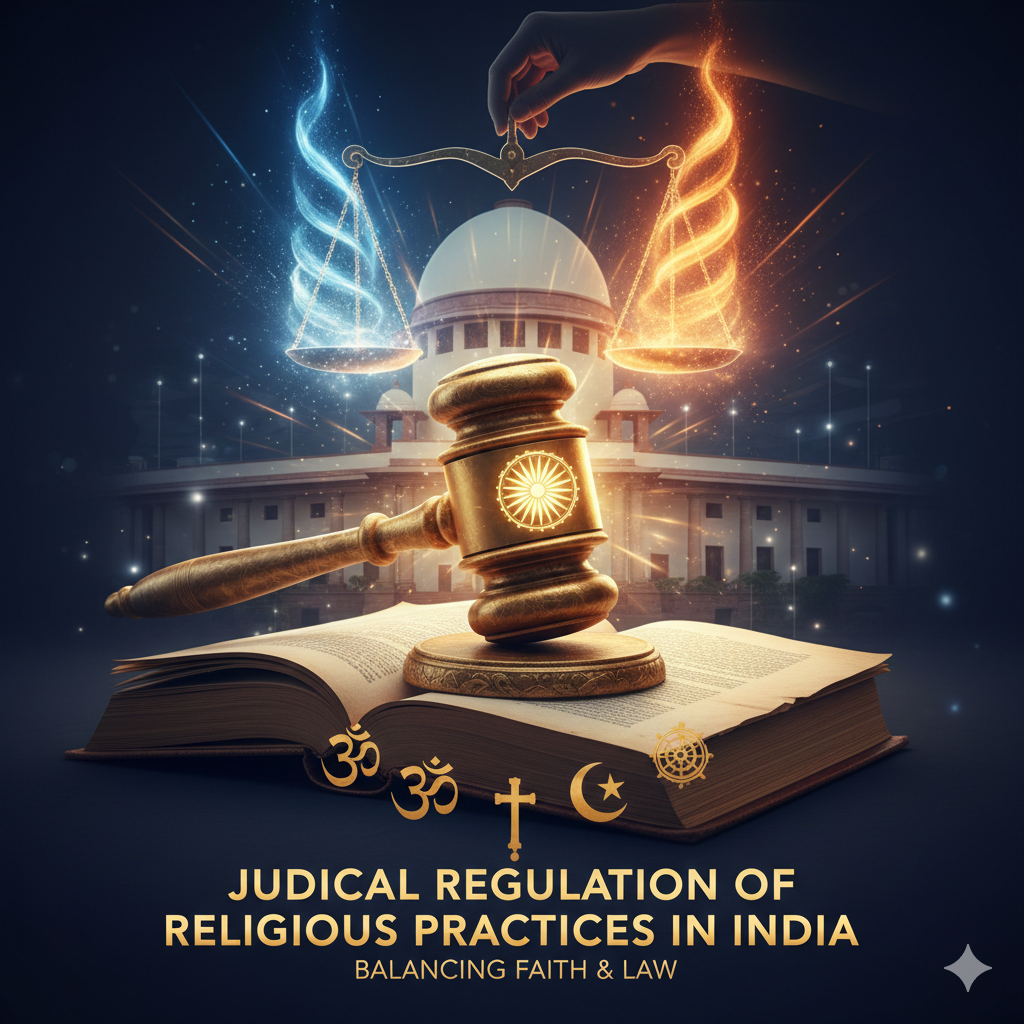Pressure groups, also known as interest groups or advocacy groups, are organizations or collectives that seek to influence government policies and decisions in favor of their members’ interests or causes. In India, these groups have gained significant prominence due to the country’s democratic structure and diverse socio-economic landscape. They play a crucial role in the political process, often influencing legislation, public opinion, and government actions.
In this article, we will identify the major pressure groups in Indian politics and examine their role in shaping the country’s policies. The influence of these groups is often visible in areas such as labor rights, environmental concerns, business interests, and social issues.
1. Understanding Pressure Groups in India
Pressure groups are organized entities that aim to influence public policy and decisions to benefit specific sections of society or to advocate for particular causes. They may not always seek to gain political power directly, but their goal is to sway the existing political leadership and the legislative process.
In India, pressure groups represent a wide array of interests, including business, labor, agriculture, environmental protection, and social justice. These groups often seek to influence political parties, government departments, and lawmakers to pass favorable policies or prevent unfavorable ones. Their influence can be exerted through lobbying, protests, public campaigns, or legal actions.
There are two broad categories of pressure groups in India:
- Interest Groups: These groups focus on advancing the economic or professional interests of their members, such as trade unions, business associations, or professional bodies.
- Cause Groups: These groups focus on specific causes such as environmental protection, human rights, or social justice, and their objective is to advocate for changes in public policies or societal norms.
2. Major Pressure Groups in Indian Politics
The following are some of the major pressure groups in India, each of which plays a significant role in shaping the political discourse and influencing policymaking in the country.
2.1. Trade Unions
Trade unions in India have been historically significant in advocating for the rights and welfare of workers. These unions are formed to represent laborers across various sectors, such as manufacturing, agriculture, transportation, and services. Prominent trade unions like the Bharatiya Mazdoor Sangh (BMS), Indian National Trade Union Congress (INTUC), and Centre of Indian Trade Unions (CITU) are key players in Indian politics.
Role in Politics:
- Labor Rights Advocacy: Trade unions work towards improving the working conditions, wages, and social security of workers.
- Political Mobilization: Trade unions often engage in mass mobilization and strikes to pressurize the government to meet their demands.
- Influencing Legislation: They actively lobby for labor laws and policies that protect workers’ rights, such as minimum wages, working hours, and social security benefits.
2.2. Business and Industrial Associations
Business and industrial associations in India include groups such as the Confederation of Indian Industry (CII), Federation of Indian Chambers of Commerce and Industry (FICCI), and ASSOCHAM. These organizations represent various industries, including manufacturing, services, agriculture, and trade.
Role in Politics:
- Economic Policy Influence: These associations lobby the government for favorable economic policies such as tax cuts, subsidies, and incentives for industries. They often play a significant role in influencing trade and investment policies.
- Promoting Economic Growth: Business pressure groups contribute to the formulation of policies aimed at promoting private investment, entrepreneurship, and infrastructure development.
- Regulatory Advocacy: These groups often push for deregulation or relaxation of government policies in areas like labor laws, environment regulations, and business licenses.
2.3. Agricultural Unions and Farmers’ Associations
India’s agricultural sector is vital to its economy, and farmer unions play an essential role in shaping policies related to agriculture. Prominent farmer unions like the All India Kisan Sabha (AIKS), Bharatiya Kisan Union (BKU), and Farmer Unions of Punjab have been at the forefront of advocating for the rights of farmers.
Role in Politics:
- Agricultural Policies: These unions influence government policies on issues like Minimum Support Prices (MSP), irrigation facilities, agricultural subsidies, and land reforms.
- Protests and Demonstrations: Farmer unions have been involved in several large-scale protests, particularly against policies like the Farm Laws (2020). Their ability to mobilize large numbers of people has made them a significant force in Indian politics.
- Rural Development: Farmers’ associations advocate for rural development programs, access to credit, and other initiatives that improve the living standards of farmers.
2.4. Environmental Groups
Environmental pressure groups like Greenpeace India, The Centre for Science and Environment (CSE), and The Wildlife Protection Society of India are active in advocating for sustainable development and environmental protection in India.
Role in Politics:
- Environmental Advocacy: These groups work to influence policies that address climate change, pollution control, deforestation, and wildlife conservation. They play a critical role in advocating for stricter environmental regulations.
- Public Awareness Campaigns: Environmental pressure groups run extensive campaigns to raise public awareness about environmental issues and to promote eco-friendly practices.
- Lobbying for Green Policies: They actively lobby for laws and policies related to renewable energy, environmental protection, and climate change adaptation.
2.5. Civil Society Organizations (CSOs) and NGOs
Civil society organizations (CSOs) and non-governmental organizations (NGOs) work on a variety of social, political, and human rights issues. Prominent organizations include The Self-Employed Women’s Association (SEWA), The National Alliance of People’s Movements (NAPM), and Right to Information (RTI) Activists.
Role in Politics:
- Social Justice Advocacy: NGOs and CSOs focus on advocating for the marginalized sections of society, such as women, children, Dalits, tribals, and minorities. They work on issues like education, healthcare, poverty alleviation, and human rights.
- Policy Influence: These organizations often present proposals and research reports to influence public policies and governmental decisions, particularly in areas related to welfare, health, and social justice.
- Campaigning for Rights: Many CSOs focus on the protection of fundamental rights, including the right to education, the right to information, and the right to livelihood.
2.6. Religious and Caste-Based Groups
Religious and caste-based groups also play a significant role in Indian politics. Groups like the Vishwa Hindu Parishad (VHP), All India Muslim Personal Law Board (AIMPLB), and Various Scheduled Castes/Tribes Associations exert influence over social and political issues related to religion and caste.
Role in Politics:
- Religious and Caste Mobilization: These groups mobilize voters and influence elections, often aligning themselves with political parties that share their values or concerns.
- Cultural Advocacy: Religious groups advocate for policies that align with their cultural and religious values, including the protection of religious practices, the building of places of worship, and the promotion of religious education.
- Social Reform: Many caste-based groups advocate for social justice and affirmative action policies, such as reservations for Dalits and backward classes, in education and employment.
2.7. Political Parties and Ideological Pressure Groups
Political parties themselves can be considered as pressure groups, as they advocate for specific ideologies and policy positions. While their primary goal is to gain political power, they also function as interest groups to influence policy in favor of their voters.
Role in Politics:
- Policy Formulation: Political parties, whether in power or opposition, play a significant role in shaping policies, drafting legislation, and making political decisions.
- Influence on Governmental Actions: Parties with substantial electoral support can influence national and state-level policies through their parliamentary or legislative actions.
3. The Role of Pressure Groups in Indian Politics
Pressure groups in India play a significant role in influencing public policy and political decisions. They act as intermediaries between the public and the government, representing the interests of various segments of society. Their role in Indian politics can be categorized into several key areas:
3.1. Policy Formulation and Advocacy
Pressure groups play an essential role in the formulation and advocacy of policies. Through lobbying and consultations, they help shape public policies related to labor, the environment, business, agriculture, and social justice. Their influence is often evident in the creation of laws, regulations, and government programs aimed at addressing specific issues.
3.2. Political Mobilization
Pressure groups mobilize public opinion and organize protests, strikes, and campaigns to demand policy changes or government actions. This political mobilization often forces the government to reconsider its stance on issues, particularly those related to social justice and economic reforms.
3.3. Checks on Government Power
Pressure groups act as checks on government power by holding politicians and policymakers accountable for their actions. Through public campaigns and legal means, pressure groups can expose corruption, mismanagement, and unaccountable governance, which can lead to policy reversals or reforms.
3.4. Representation of Marginalized Groups
Pressure groups, particularly NGOs and CSOs, represent marginalized communities, ensuring that their voices are heard in the policymaking process. These groups advocate for the rights and welfare of disadvantaged sections of society, including women, Dalits, tribals, and minority communities.
4. Challenges Faced by Pressure Groups in India
While pressure groups play a vital role in Indian politics, they also face several challenges that hinder their effectiveness:
- Fragmentation: Many pressure groups are fragmented, with competing interests that limit their ability to present a unified front.
- Political Patronage: Some pressure groups are co-opted by political parties, which may dilute their effectiveness in representing the interests of their members.
- Lack of Transparency: The lack of transparency in their operations and funding can undermine the credibility of pressure groups.
- Corruption: Some groups are accused of using underhanded methods, such as bribery and coercion, to influence policy decisions.
5. Conclusion
Pressure groups play a crucial role in shaping Indian politics by influencing policy decisions, advocating for specific interests, and ensuring that the government is held accountable to the people. While their methods and areas of focus vary, pressure groups in India contribute to the democratic process by giving voice to diverse interests and promoting inclusive policymaking. However, challenges such as fragmentation, lack of transparency, and political manipulation must be addressed to ensure that pressure groups continue to serve the public good effectively.





One thought on “The Role of Pressure Groups in Indian Politics: Influence, Challenges, and Contributions”